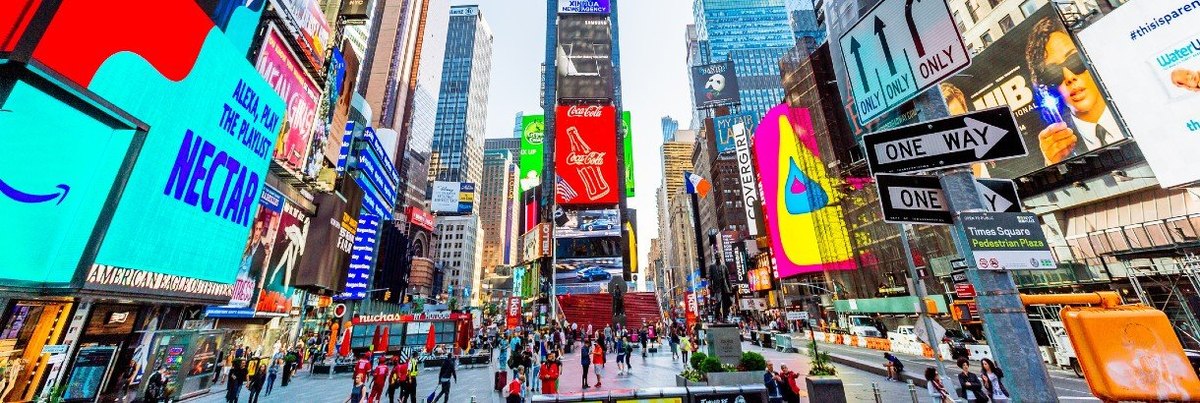
Reaching eco-conscious consumers in the US – behavior, habits, and trends
In recent times, there has been an increased emphasis on sustainability. According to data from YouGov Profiles, an audience intelligence tool, more than a quarter of American consumers (27%) can be considered members of the most environmentally conscious segment of society (Planet Protectors). Members of this group are committed environmentalists willing to pay a premium for environmentally friendly products, and they have a strong interest in sustainability issues. On the other hand, a fifth of Americans are on the Green Rejectors (19%). Members of this subset are unconcerned and disengaged about climate change and uninterested in sustainability issues.
In this piece, we dive into the demographics and behavior of both these subsets to help brands better connect with eco-conscious consumers.
There is a generational shift towards greater concern for the environment and sustainability. Millennials make up the largest percentage (36%) of the eco-conscious group (36%) while the lowest are the silent generations (4%). This suggests that younger generations are more likely to be environmentally conscious and willing to pay more for eco-friendly products. Gen Z make up a small proportion of both target groups since most are still teenagers and likely to have more limited purchasing power.
Digging into the attitudes of eco-conscious consumers, it becomes evident that planet protectors are more inclined to place their trust in products endorsed by celebrities and influencers than rejectors (25% vs 9%). Planet protectors are twice as likely to seek out experiences that would make excellent content for social media, with a third saying so as opposed to a tenth of green rejectors (31% vs 12%).
Eco-conscious Americans are four times more likely than green fencers to say that they are willing to give up their bank accounts and use cryptocurrencies (16% vs 4%). Additionally, they exhibit a higher propensity to take financial risks than green fencers (32% vs 14%). More than half of planet protectors regard themselves as financially secure, which is 18 percentage points higher than green rejectors (55% vs 37%).
A fifth of planet protectors express interest betting and gambling in comparison to only a tenth of green rejectors (22% vs 10%). Our data shows that eco-conscious consumers have a greater interest in certain sports such as tennis (21% vs 6%), the Olympics (38% vs 18%), and soccer (26% vs 9%) than the green rejectors. Two-fifth of eco-conscious consumers play more than an hour of video games on console or PC, 11 points more than green rejectors (45% vs 34%).
Explore our living data – for free
Want to run your own research? Run a survey now
Make smarter business decisions with better intelligence. Understand exactly what your audience is thinking by leveraging our panel of 20 million+ members. Speak with us today.
Methodology: YouGov Profiles is based on continuously collected data and rolling surveys, rather than from a single limited questionnaire. Profiles data for the US is nationally representative of the online population and weighted by age, gender, education, region, and race. Learn more about Profiles.

































